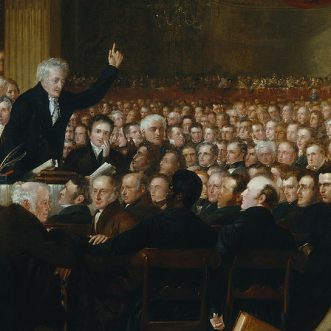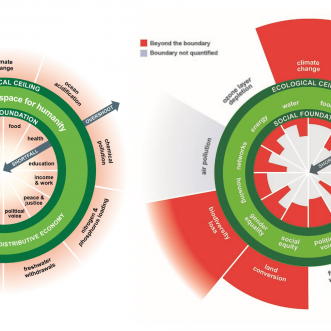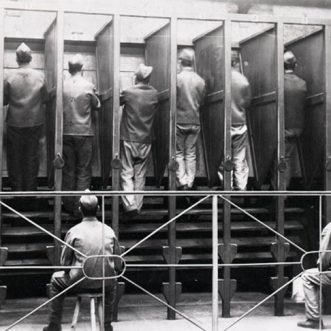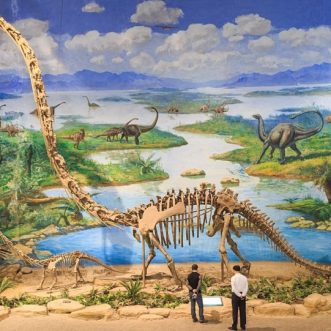
Imitiation or inspiration
Over the long weekend, I had a good rummage through some of my quilting books. It was interesting to come back to them after a gap of a few years as they’ve been in storage while we built the extension.
What struck me going through them now, was just how prescriptive some of the project instructions are – specifying exactly which fabrics to use – down to the manufacturer, designer, range and colourway – exactly how to cut the fabric up to get the required number of pieces, and exactly how to sew them together to make a quilt top. They are instructions for making a replica of a particular quilt.
I don’t know why, but I find this approach quite disturbing. Perhaps because it feels like it isn’t really creative. If I follow the instructions to the letter I’ll get a carbon copy of the quilt in the picture. There’ll be nothing of me in it. There’s no real learning in it either. I learn to follow instructions to replicate a particular quilt, that’s it.
By contrast other books – generally the older ones, are quite freestyle – specifying only ‘light’ or ‘dark’ fabrics together with the number of different shapes needed – assuming that you know how to cut a square or a triangle (or that you’ll refer to the ‘how-to’ section at the beginning of the book). Some even include pictures of different versions of the same patchwork pattern, so you can see how the look changes with different fabrics. These are recipes for making a kind of quilt. Recipes I am encouraged to make my own, right from the beginning. I learn to think about colours and how they work together, I learn how to think about cutting. Most importantly, I learn about my own taste. I learn a process I can apply to different starting materials to generate my own unique results.
For me, the difference between these approaches shows the difference between workflow and process. Workflow turns human beings into mindless replicators. Process frees them to be creative.
Imitation or inspiration. Which would you rather encourage in your team?








